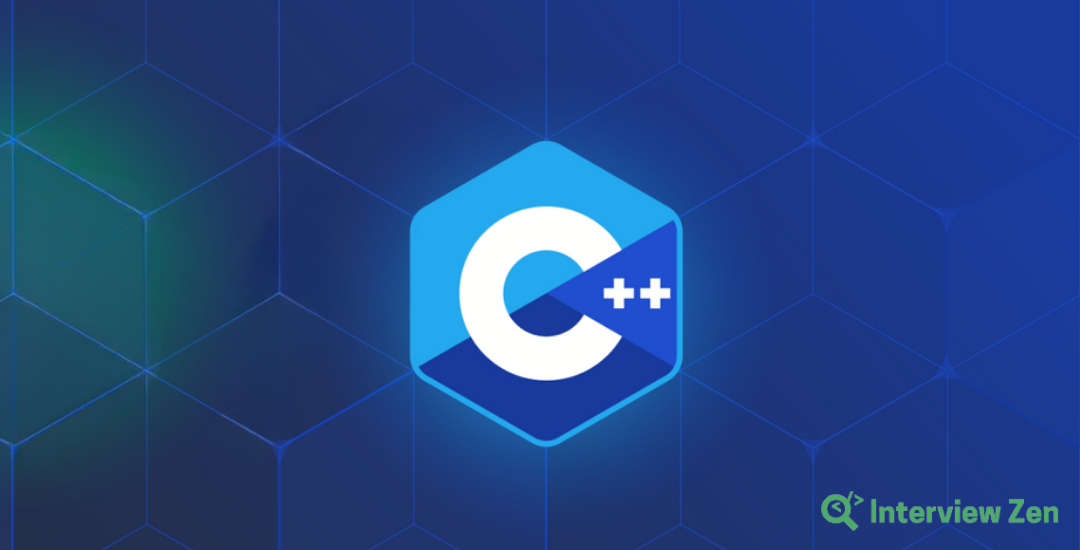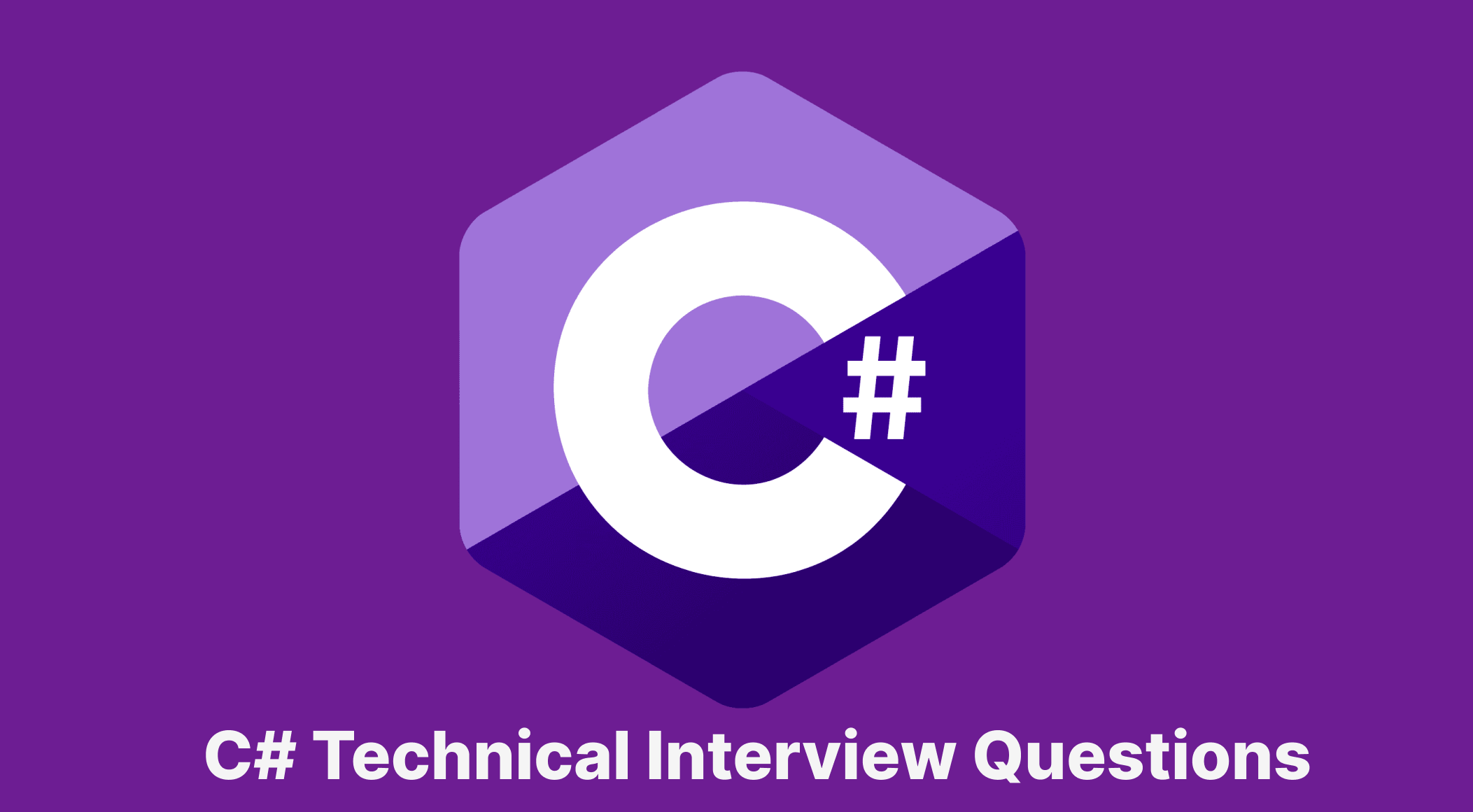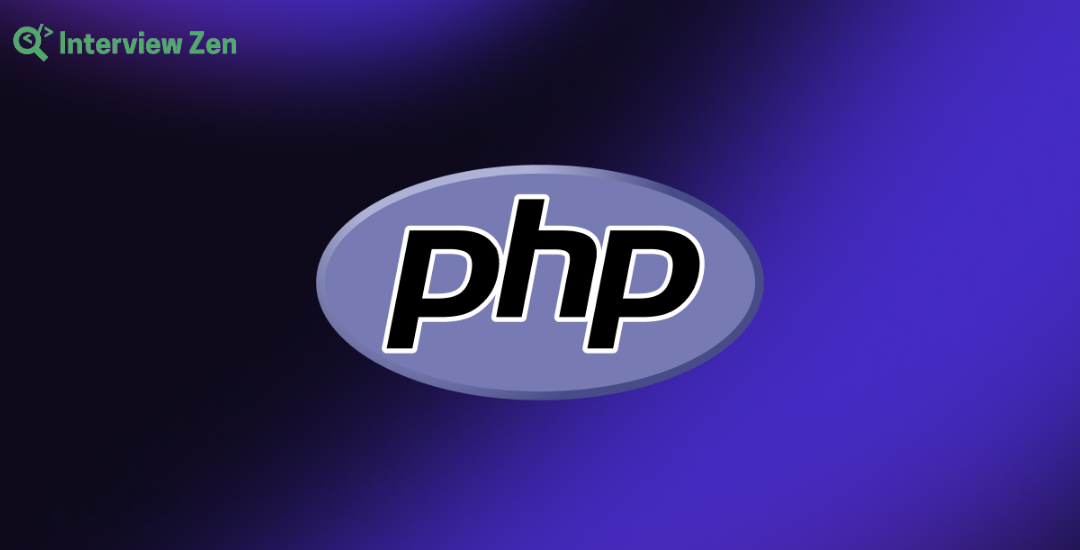This comprehensive guide walks you through the hiring best practices for sourcing, evaluating, and onboarding Python developers. This guide covers everything from understanding the role and key competencies to structuring your interview process with InterviewZen.
Introduction
In the ever-changing landscape of modern technology, Python’s popularity has been on a consistent upward trajectory. For instance, between 2019 and 2020, Python’s usage among developers increased by approximately 27%, cementing its place as one of the most widely adopted languages in the software development industry.
According to the U.S. Bureau of Labor Statistics, employment of software developers is projected to grow 22% from 2020 to 2030, further emphasizing the increased need for talented Python developers.
Guido van Rossum said, “Python is an experiment in how much freedom programmers need. Too much freedom and nobody can read another’s code; too little and expressiveness is endangered.”
Experienced Python developers are key contributors to specialized tasks like web application development, data analytics, and machine learning.
Understanding the Role of a Python Developer
Python has distinguished itself by offering readability, rapid development, and an extensive standard library, making it the go-to language for everything from web development to data science and machine learning. With its applications stretching from web development to artificial intelligence and data analysis, Python developers are increasingly in demand.
Importance of Python in Modern Development
Python is not just another programming language; it’s a powerful tool that drives the success of various industries. For instance, Python is widely used in finance for quantitative and qualitative analysis, helping institutions like J.P. Morgan in risk assessment and asset management.
In the healthcare sector, Python’s machine-learning libraries are employed to predict patient outcomes and improve diagnostics. Tech startups find Python indispensable for its speed and scalability, with companies like Dropbox and Spotify relying heavily on it.
The language’s syntax, designed for clarity and straightforwardness, isn’t just a feature—it’s a boon for team collaboration. This readability ensures that code reviews are more efficient, and team members can quickly understand each other’s code, streamlining project timelines.
According to the Stack Overflow Developer Survey 2021, Python was voted the third most loved programming language, with 66.7% of developers expressing interest in continuing to work with it. This statistic reflects Python’s rising importance, and its user-friendly syntax and extensive libraries make it a go-to choice for professionals in various domains, from web development to data science.
Google uses Python for various applications and features, including its search algorithms and artificial intelligence capabilities. Instagram employs Python’s Django web framework to manage its user interface and back-end functionalities. Meanwhile, Spotify leverages Python for data analytics and its back-end services, enhancing the user experience through features like music recommendations.”
When faced with a choice between Python developers and those specializing in other languages like Java or C++, companies often lean towards Python for its speed of development, broad standard library, and readability.
Common Tasks and Responsibilities
Python developers are generally responsible for the following:
- Writing server-side web application logic
- Developing software related to data analysis
- Implementing machine learning algorithms
- Writing system scripts for automation tasks
- Debugging and improving existing codebase
The skills needed for these tasks are diverse. For example, if you’re hiring a Python developer for web development, expertise in frameworks like Django or Flask is vital. Familiarity with libraries such as Pandas and NumPy is essential for data science projects.
How InterviewZen Can Help Define the Role’s Requirements
Gauging the level of Python talent during the hiring process can be complex. This is where InterviewZen can offer invaluable assistance by streamlining candidate evaluations. Using this platform, you can set up customized Python coding tests that align with the specific needs of your projects.
Whether you are looking for someone skilled in web development or machine learning, InterviewZen allows you to assess technical skills effectively. This helps in not only weeding out unsuitable candidates early but also ensures that the ones you shortlist are already a good fit technically for the role you’re filling.
Key Skills and Competencies
In the journey of hiring best practices, identifying the right skill sets is the cornerstone for finding the perfect Python developer for your team. Both technical and soft skills are essential, and having a structured way to evaluate them, such as through InterviewZen, can streamline the hiring process.
Must-have Technical Skills
When aiming to hire Python Talent, a comprehensive understanding of must-have technical skills can save you from costly hiring mistakes.
Here are the most sought-after technical skills for a Python developer:
- Proficient in Python Syntax and Libraries: Understanding Python’s syntax, libraries, and frameworks is non-negotiable.
- Data Structures and Algorithms: Data structures and algorithms are among the most critical technical skills for a Python developer. These foundational skills are essential for any top-tier developer and the focus of InterviewZen’s testing platform.
- Data Manipulation and Analysis: Mastery of libraries like Pandas and NumPy is vital for data roles.
- For Web Development: Proficiency in frameworks such as Django and Flask is key for those focusing solely on backend development roles.
- For Machine Learning: Expertise in specialized libraries like Scikit-learn, TensorFlow, or PyTorch is imperative for candidates seeking machine-learning positions.
- Version Control: Proficiency in Git allows for efficient collaborative work.
- API Integration: It is useful to know how to integrate various services through their APIs.
- Testing: Familiarity with unit testing frameworks like PyTest can make a big difference in product quality.
Desirable Soft Skills
Technical skills get you in the door, but soft skills can accelerate career growth.
Here are some of the key soft skills often overlooked during Candidate Evaluation Metrics:
- Communication: Clear articulation of ideas and problems is invaluable.
- Teamwork: The ability to work well in a team environment often makes projects more successful.
- Problem-Solving: A logical approach to tackling new challenges is highly desirable.
- Adaptability: The tech world changes fast; adapting is crucial.
- Attention to Detail: Coding often requires a meticulous eye.
Using InterviewZen to Evaluate These Skills with Targeted Questions
To assess these skills effectively, InterviewZen can be your go-to platform for Technical Skill Assessment.
Here’s how:
- Custom Question Sets: Create tailored questions focusing on Python Developer Skills, matching the job description.
- Soft Skills Evaluation: Include scenario-based questions that offer insights into a candidate’s soft skills.
- Coding Challenges: The platform supports Python, allowing practical Technical Interview Questions to assess coding prowess.
- Analytics: Get insightful metrics beyond just the answers, such as time taken per question, to understand your candidates better.
List of Python Questions That You Can Input Into InterviewZen
Interviewing is a nuanced process that demands more than resume reviews; it requires real-time evaluation of a candidate’s skills. InterviewZen provides a versatile platform for screening Python talent through various question types.
Some key questions categorized under technical, problem-solving, and soft skills align with the best hiring practices.
Technical Questions
Technical questions assess the candidate’s knowledge of Python, libraries, frameworks, and best practices. They should be aligned with the Python Developer Job Description and vary in difficulty to measure both breadth and depth of knowledge.
Basic Level: What is the use of __init__ in Python?
This question helps to evaluate a candidate’s understanding of Python constructors and Object-Oriented Programming (OOP).
Answer: __init__ is the constructor method in Python. It initializes newly created objects when called.
Intermediate Level: How does Python manage memory?
This question digs into more intricate aspects of Python, like garbage collection and memory management, which are crucial for optimization.
Answer: Python uses dynamic typing and garbage collection. Memory is managed through a private heap containing all Python objects.
Advanced Level: Can you explain Python’s GIL (Global Interpreter Lock)?
Understanding GIL is critical for Python developers who work on multi-threading since GIL can be a bottleneck for CPU-bound programs.
Answer: GIL is a mutex that protects access to Python objects, preventing multiple threads from executing Python bytecode simultaneously.
Data Science-specific: Explain the use of pivot tables in Pandas.
This tests the candidate’s familiarity with data manipulation and transformation using Pandas, a popular Python library for data science.
Answer: Pivot tables in Pandas are used to summarize, aggregate, and restructure data, making it easier to analyze.
Web Development-specific: What are middlewares in Django?
Understanding middleware is essential for any Django developer as they process requests and responses globally before reaching the view or leaving it.
Answer: Middleware in Django are components that process requests and responses globally, like authentication or logging.
DevOps-related: Explain the role of pip in Python development.
Understanding package management is crucial for setting up, maintaining, and distributing Python environments.
Answer: Pip is a package manager used to install and manage Python packages from the Python Package Index (PyPI).
Machine Learning-specific: Discuss the backpropagation algorithm in Neural Networks.
The backpropagation algorithm is the cornerstone of training many types of neural networks and understanding it shows a strong foundation in machine learning.
Answer: Backpropagation adjusts weights in the neural network by propagating the error backward from the output to minimize loss.
AI and NLP-specific: How would you solve a Named Entity Recognition (NER) problem?
This tests the candidate’s knowledge of Natural Language Processing, a specialized field within machine learning focused on the interaction between computers and human language.
Answer: For NER, machine learning models like CRF or neural networks like LSTM are trained on labeled data to identify entities like names, locations, and organizations.
Problem-Solving Questions
Problem-solving questions offer an opportunity to evaluate a candidate’s ability to apply technical knowledge creatively and effectively. These questions should be grounded in real-world challenges to assess how well a candidate can think on their feet.
Basic Level: Write a function that finds the largest element in an array without using built-in Python functions.
This gauges basic programming skills and understanding of algorithms.
Answer: One can loop through the array and use a variable to store the maximum value found so far.
| def find_largest(arr):
max_val = arr[0] for num in arr: if num > max_val: max_val = num return max_val |
Intermediate Level: Implement a singleton class in Python.
This tests the candidate’s understanding of design patterns and OOP principles.
Answer: You can use the __new__ method to ensure only one instance of the class is created.
| class Singleton:
_instance = None def __new__(cls): if cls._instance is None: cls._instance = super(Singleton, cls).__new__(cls) return cls._instance |
Advanced Level: How would you design a rate limiter for a distributed system?
This question evaluates knowledge of systems design and understanding of distributed architectures.
Answer: Use a distributed data store like Redis to hold counters for API usage. Use a time-based sliding window algorithm for rate limiting.
Data Science-specific: You are given a large dataset with imbalanced classes. How would you address it?
Dealing with imbalanced datasets is a common issue in machine learning; thus, the answer will reveal the candidate’s problem-solving skills in data science.
Answer: Consider techniques like oversampling the minority class, undersampling the majority class, or using SMOTE (Synthetic Minority Over-sampling Technique).
Web Development-specific: Explain how you would prevent SQL injection attacks in a web application.
SQL injection is a significant security risk. Preventing it requires a nuanced understanding of both SQL and server-side scripting.
Answer: Utilize parameterized queries or prepared statements to ensure that user input is always treated as data and not executable code.
Machine Learning-specific: Describe how you would optimize a machine learning model for a mobile application.
Deploying machine learning models in resource-constrained environments like mobile apps is a unique challenge that tests optimization skills.
Answer: Employ model quantization or pruning to reduce the size of the model and optimize for low latency.
By offering a range of technical and problem-solving questions that cover both general and specialized topics, you can better identify the strengths and weaknesses of each candidate. This allows you to make more informed hiring decisions, ensuring you bring the most competent Python talent onto your team.
Questions to Evaluate Soft Skills
While technical and problem-solving questions help assess hard skills, you must recognize soft skills.
Here are some questions aimed at evaluating a candidate’s soft skills:
Understanding soft skills is crucial for gauging a candidate’s overall aptitude and fit.
Here’s a deeper dive into some questions you can use to evaluate soft skills, along with the types of answers that indicate a strong candidate.
- Communication: How would you explain a complex technical issue to a non-technical person?
Look for answers that simplify the problem without trivializing it, indicating the candidate can effectively bridge the technical and non-technical worlds.
- Teamwork: Describe a situation where you had a conflict with a team member. How did you resolve it?
Look for signs of emotional intelligence and the ability to navigate conflicts in a way that respects all parties involved.
- Adaptability: Question: Share an experience where you had to quickly adjust to a significant change in your work environment.
Strong indicators include answers that showcase flexibility, quick learning, and a positive attitude toward change.
- Critical Thinking: Question: Describe a project requiring input from people at different organizational levels.
Look for answers that indicate an understanding of organizational dynamics and the ability to synthesize various input types into a cohesive plan.
- Time Management: Question: How do you prioritize your tasks when multiple deadlines are approaching?
A structured approach to problem-solving and time allocation signifies strong time management skills.
Finding the Best Python Developers
Finding the right Python developer can be a daunting task, given the high demand and varied skill sets in the market. Knowing where to look and what to look for can drastically reduce hiring time.
Utilizing Networks and Communities
According to a 2019 survey by LinkedIn, 85% of all jobs are filled via networking. Specific communities such as GitHub, Stack Overflow, and Python-specific forums are invaluable sources for finding qualified candidates within the Python development sphere.
For Python roles, it’s estimated that 40% of hires are sourced from professional and community networks. On the flip side, traditional methods like job boards account for approximately 25% of hires.
Speaking of the interview process, according to a study from Glassdoor, the average job opening attracts about 250 resumes, but only 4-6 candidates will be interviewed before a hire is made.
The cost of posting on general job boards can range from $100 to $500, while specialized Python job boards could charge up to $1,000. Among these, PyJobs has been rated the best specifically for Python roles.
Job Portals vs. Specialized Platforms
General job portals like LinkedIn and Indeed offer many candidates but may require more time to filter through applications. Specialized platforms like Toptal or PyJobs target Python developers, offering a more refined talent pool. These specialized platforms might have a higher upfront cost but can save time and resources in the long run, especially when seeking specialized skills.
How InterviewZen Optimizes Candidate Screening, Saving Time for Hiring Managers
InterviewZen offers a unique approach to the initial stages of the hiring process. Although it doesn’t source candidates, its robust platform allows hiring managers to screen Python developers efficiently without wasting time on live interviews.
Using predefined or customizable coding tests, InterviewZen ensures only candidates with the required skills move on to the next stage. The platform can integrate seamlessly with job portals and specialized platforms, offering flexibility in the sourcing process.
Python Developer Compensation for 2023
Understanding the compensation trends for Python developers in 2023 is essential for employers aiming to attract top talent. In this section, we will explore average pay by region and experience, discuss typical bonus structures, and compare salary versus hourly compensation models.
Average Pay by Region
Understanding the pay scale by region allows companies to budget more effectively and helps Python developers negotiate better compensation packages.
Here are the average annual salaries for Python developers across the top 10 countries:
- United States: The average salary can go up to $120,000 per year.
- United Kingdom: Python developers can expect an average of £70,000, roughly equivalent to $97,000.
- Germany: The salary range is around €65,000 to €80,000 ($76,000 to $94,000).
- Canada: Python developers earn an average of CAD 90,000 to CAD 110,000 ($71,000 to $87,000).
- Australia: Developers earn around AUD 110,000 to AUD 130,000 per year ($81,000 to $95,000).
- Israel: The compensation is approximately ILS 300,000 to ILS 400,000 ($92,000 to $123,000).
- Switzerland: Python developers can expect around CHF 100,000 to CHF 130,000 ($109,000 to $141,000).
- India: Python developers earn around ₹1,200,000 to ₹1,800,000 per year ($16,000 to $24,000).
- Sweden: The average salary is around SEK 600,000 to SEK 800,000 ($69,000 to $92,000).
- Japan: Python developers can expect to earn around ¥8,000,000 to ¥12,000,000 ($73,000 to $109,000).
Average Pay by Experience
Experience is another key factor affecting Python developer salaries. Entry-level Python developers can expect an average salary of around $70,000 to $85,000 annually in the United States.
Mid-level developers often earn between $90,000 and $120,000, while senior developers can command salaries above $130,000, especially if they have specialized skills like machine learning or data science expertise.
Bonus Structures
Many companies offer bonus structures to attract and retain Python talent. These bonuses can be based on individual performance, project completion, or company performance metrics.
For example, a Python developer might receive a $5,000 signing bonus, quarterly performance bonuses, and an annual bonus tied to company profitability. Stock options are also a common incentive, especially in startups and tech companies.
Salary vs. Hourly Compensation
Python developers can be compensated in various ways, either through a salaried position or hourly as a contractor. Salaried positions often include benefits like health insurance, retirement plans, and paid time off.
Hourly contractors might earn a higher rate — sometimes exceeding $100 per hour — but typically must handle their taxes and benefits. Each approach has its merits, and the best choice depends on the needs of both the employer and the developer.
Conclusion
The process of hiring Python developers is intricate. It requires attention to multiple facets, from understanding the role to compensation and evaluating technical and soft skills to sourcing the best talent. Implementing hiring best practices is essential to ensure you get the right fit for your team and project.
To make your hiring process as effective as possible, InterviewZen offers a robust solution for evaluating candidate skills while saving time on live interviews.
Whether you’re looking for technical acumen or evaluating soft skills, InterviewZen’s platform makes it easier for you to focus on what matters in the hiring process.
Don’t leave your hiring to chance. Optimize every step of your recruitment cycle with InterviewZen.
Would you like to know more? Visit InterviewZen to find out how we can streamline your hiring process.




